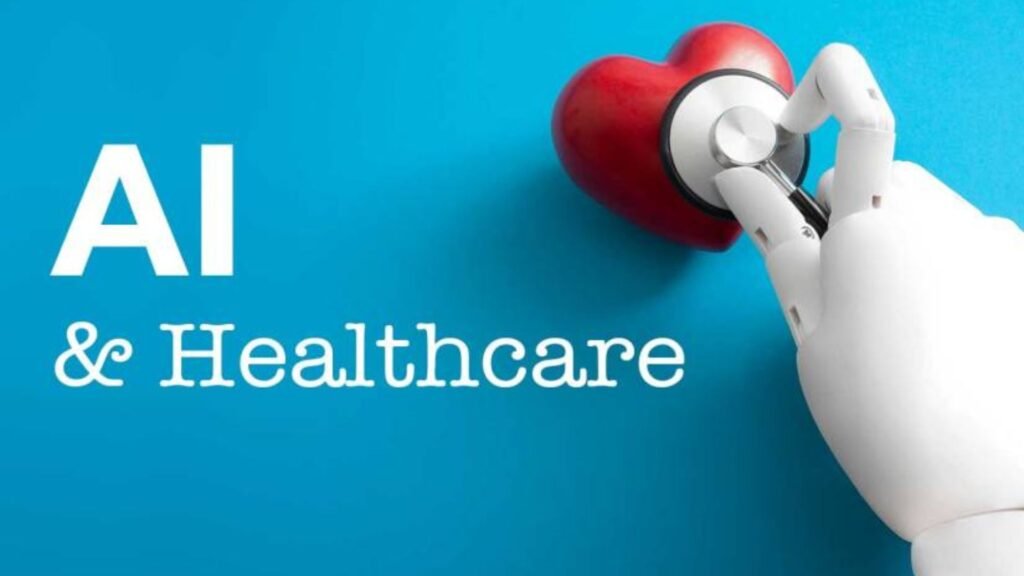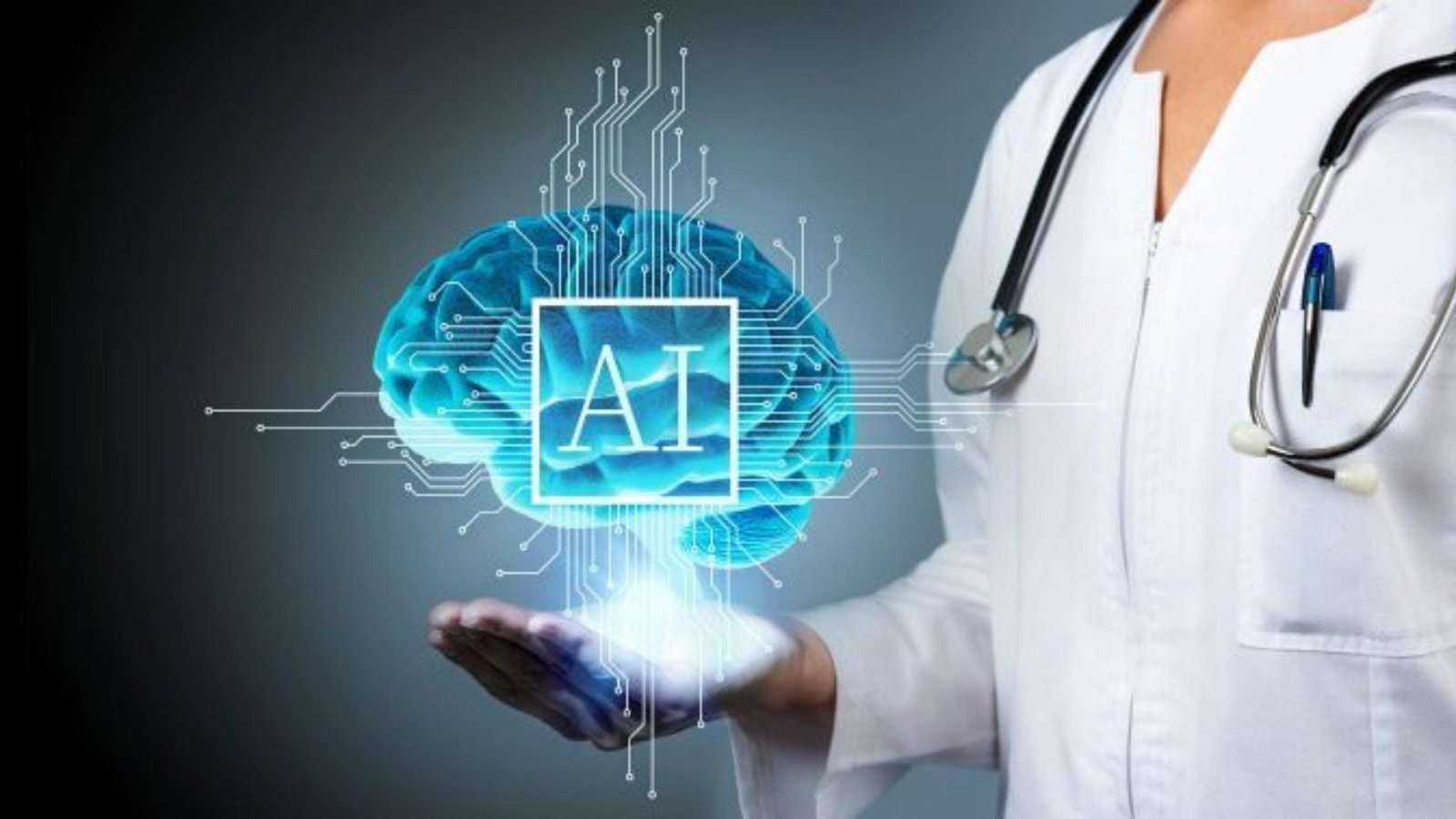Artificial intelligence (AI) is transforming healthcare services in remarkable ways. However, while AI offers numerous benefits, it also presents some risks that must be carefully considered. In this article, we’ll explore both sides to help you understand the impact of AI on healthcare.

1. Benefits of AI in Healthcare Services
Enhanced Diagnostic Accuracy
One of the most significant advantages of AI in healthcare is its ability to improve diagnostic accuracy. AI algorithms can analyze vast amounts of medical data, identifying patterns that human doctors might miss. For example, AI can assist in detecting early signs of diseases like cancer through imaging studies.
Improved Patient Care
AI can enhance patient care by providing personalized treatment plans. By analyzing individual patient data, AI can recommend tailored therapies that may lead to better outcomes. This personalized approach ensures that patients receive the most effective treatments based on their unique health profiles.
Streamlined Administrative Processes
AI can automate administrative tasks such as scheduling appointments, managing patient records, and processing insurance claims. By streamlining these processes, healthcare providers can reduce wait times and improve overall efficiency, allowing staff to focus more on patient care.
Predictive Analytics
Another significant benefit is predictive analytics. AI can analyze historical patient data to predict future health outcomes. For instance, it can identify patients at risk of developing chronic diseases, enabling early intervention and preventive care.
2. Risks of AI in Healthcare Services
Data Privacy Concerns
Despite its advantages, the use of AI in healthcare raises significant data privacy concerns. AI systems require access to vast amounts of sensitive patient data. If not adequately protected, this data could be vulnerable to breaches, leading to unauthorized access and misuse.
Dependence on Technology
Increased reliance on AI technology can create a risk of over-dependence. Healthcare providers may rely too heavily on AI for diagnoses and treatment recommendations, potentially undermining their clinical judgment. This dependence can lead to situations where AI errors go unchallenged.
Bias in Algorithms
AI algorithms are only as good as the data they are trained on. If the training data contains biases, the AI system may produce biased results, impacting patient care. For example, if an AI system is primarily trained on data from one demographic, it may not perform as well for patients from other backgrounds.
Regulatory Challenges
The rapid evolution of AI technology poses regulatory challenges. Healthcare regulators must develop new frameworks to ensure the safety and effectiveness of AI applications. Without proper regulations, there is a risk that substandard AI systems could be deployed in clinical settings.
3. Balancing Benefits and Risks
Best Practices for Implementation
To maximize the benefits of AI while mitigating its risks, healthcare organizations should follow best practices for implementation:
- Robust Data Security Measures:
Implement strong cybersecurity protocols to protect patient data. - Continuous Training and Monitoring:
Regularly train healthcare staff on AI tools and continuously monitor AI performance to ensure accuracy. - Diverse Training Data:
Use diverse datasets to train AI algorithms, reducing the risk of bias. - Regulatory Compliance:
Stay updated on regulations and guidelines related to AI in healthcare to ensure compliance.
Conclusion
In summary, AI presents both significant benefits and risks in healthcare services. While it can enhance diagnostic accuracy, improve patient care, and streamline administrative tasks, concerns about data privacy, dependence on technology, and algorithmic bias cannot be ignored.
By understanding these factors and implementing best practices, healthcare organizations can harness the power of AI to improve patient outcomes while safeguarding against potential pitfalls.



